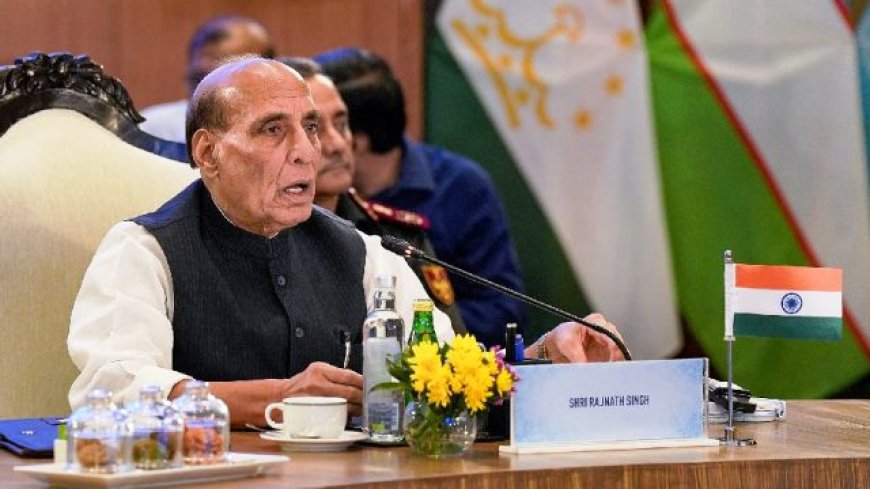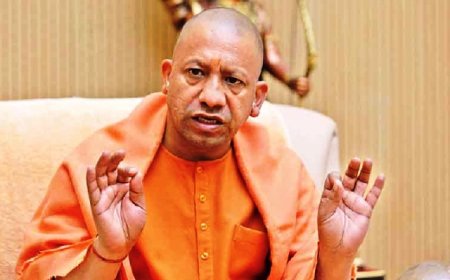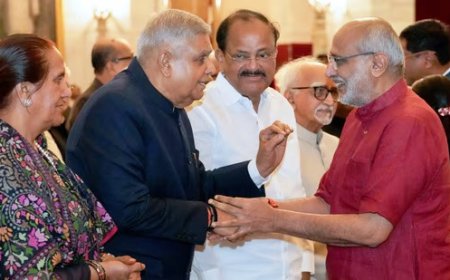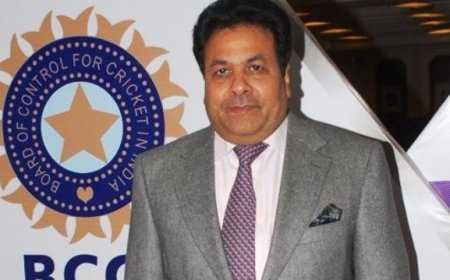China-Pak Game Plan Foiled As India Refused To Sign SCO Document
Defence Minister Rajnath Singh has refused to sign a joint statement at a Shanghai Cooperation Organisation (SCO) meet because it did not mention the Pahalgam terror attack.

Sending a stern message to India's neighbours, Defence Minister Rajnath Singh has refused to sign a joint statement at a Shanghai Cooperation Organisation (SCO) meet because it did not mention the Pahalgam terror attack that claimed 26 innocent lives and did not reflect India's strong position on terror. While skipping any mention of Pahalgam, the document mentioned Balochistan, tacitly accusing India of creating unrest there. Pahalgam's exclusion from the document appears to have been done at Pakistan's behest as its all-weather ally, China, holds the Chair now.
Rajnath Singh’s refusal has exposed deep divisions within the grouping, dealt a blow to China’s leadership credibility, and derailed a coordinated strategic narrative pushed by Beijing and Islamabad. Singh is currently in China’s Qingdao to attend the SCO Defence Ministers’ meeting. The summit is being attended by member states, including Russia, Pakistan, and China, to discuss issues related to regional and international security.
"India is not satisfied with the language of the joint document. There was no mention of the terrorist attack in Pahalgam, there was mention of the incidents that happened in Pakistan, so India refused to sign the joint declaration, and there is no joint communique either," a Defence Ministry source said.
This marks an unprecedented moment in the SCO’s history, with the Defence Ministers’ meeting ending without a joint communique, a highly unusual outcome that signals a serious fracture in consensus. India’s dissent was not a procedural objection, but a calculated disruption of what was a China-Pakistan strategic objective to corner India diplomatically.
According to top intelligence sources, China and Pakistan were attempting to use the SCO as a platform to undermine Operation Sindoor — India’s retaliatory strikes against terror infrastructure in Pakistan following the Pahalgam terror attack. The duo hoped to project Balochistan as a victim of external sabotage and shift global attention away from Pakistan’s role in sponsoring terrorism.
The plan was to reclaim victimhood by showcasing unrest in Balochistan as proof of India’s interference, thereby justifying crackdowns, enforced disappearances, and extrajudicial killings in the region. India’s refusal effectively derailed this narrative offensive, sources said.
India’s refusal to sign the joint statement wasn’t just procedural dissent, it was a strategic disruption, as per sources. The move ensured that Pakistan and China’s joint narrative did not go unchallenged or get legitimised by consensus. With this, Defence Minister Rajnath Singh has not only stalled a dangerous China-Pakistan diplomatic gambit, but also reinforced India’s uncompromising position on terrorism, sovereignty, and regional integrity.
The SCO’s credibility has taken a hit. Its image as a consensus-driven body has been tarnished, and for the first time, its joint voice has been disrupted — a strong signal that India will not tolerate the whitewashing of terrorism, even at multilateral forums.
What's Your Reaction?
















































